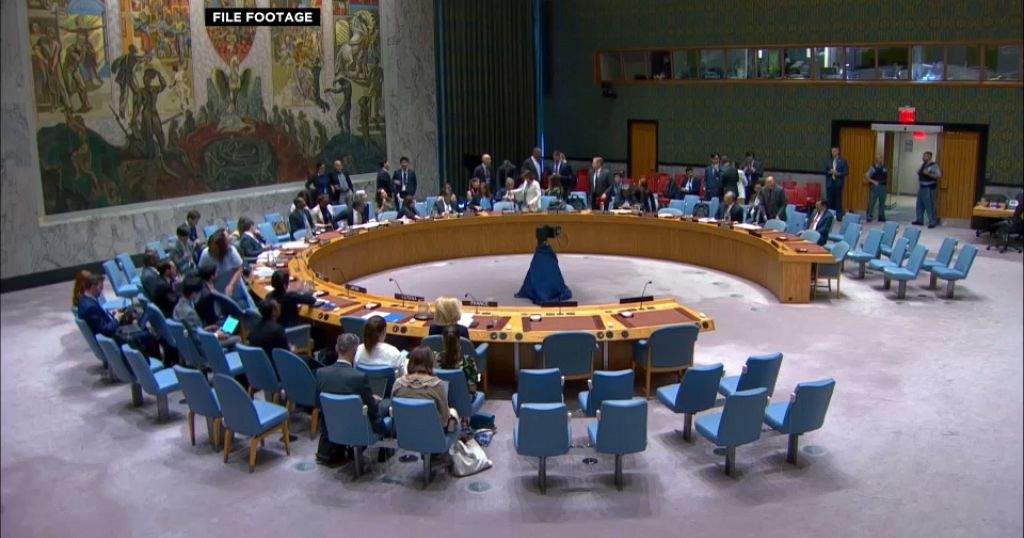US Announces Support for Permanent Seats for African Countries on UN Security Council
In a significant move, the United States has announced its support for the addition of two permanent seats for African countries on the United Nations Security Council. The decision follows a speech by US Ambassador to the UN, Linda Thomas-Greenfield, where she emphasized the importance of giving African countries a stronger voice on the council.
Currently, Africa has three non-permanent seats on the Security Council, but this does not allow African countries to fully participate and share their knowledge and voices, according to Thomas-Greenfield. The US is also supporting the creation of a first-ever non-permanent seat for a small island developing nation.
Thomas-Greenfield made the announcement at the Council on Foreign Relations, calling it a follow-up to President Joe Biden’s announcement two years ago that the US supports expanding the 15-member body. She noted that the US believes creating two permanent seats for Africa is just and in line with what African partners are seeking.
However, Thomas-Greenfield also stated that the US opposes giving veto power to the African countries that would hold the permanent seats, citing that veto power makes the Security Council’s work "dysfunctional." This decision shows the limits in the amount of power that Washington wants to give to any other country.
The US Ambassador emphasized that the Security Council should be expanded to reflect the world in the 21st century and include more voices. The central question remains how to achieve this, as virtually all countries agree that the Security Council should be reformed.
The Security Council, established in 1945, has not changed from its original configuration, with 10 non-permanent members and five permanent members with veto power. Attempts to reform the council have been ongoing since 1979, with deep divisions continuing to this day.
In 2005, world leaders called for the council to be "more broadly representative, efficient and transparent." In September 2022, Biden called for increasing the number of both permanent and non-permanent members, including permanent seats for countries in Africa, Latin America and the Caribbean.
The US still supports permanent seats for countries in Latin America and the Caribbean, in addition to Africa. Thomas-Greenfield also announced that the US is supporting the creation of an additional rotating seat for small island developing countries.
The US plans to draft a resolution to reform the council, but Thomas-Greenfield acknowledged that achieving total consensus on this issue may be challenging. Despite this, she remained optimistic, stating that "no amount of conversation will ever get us to a place of total consensus on this issue."
